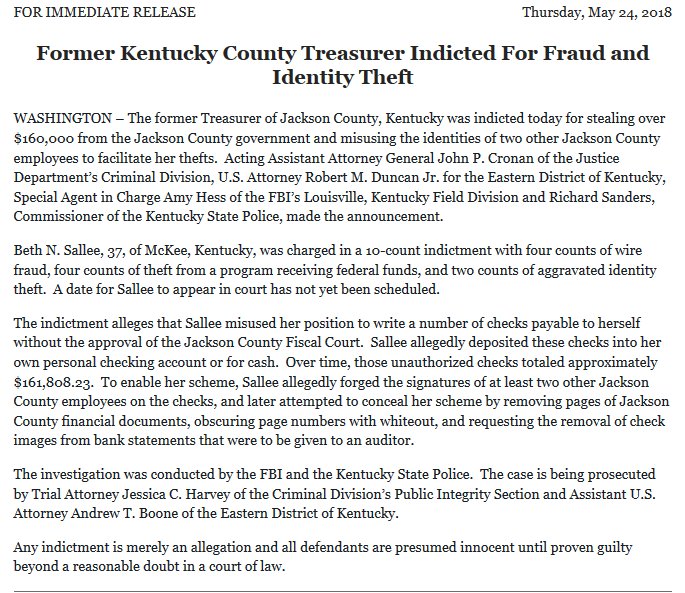In short, a federal court says *all* digital currencies are commodities & the CFTC has jurisdiction to prosecute fraud & manipulation in crypto. In my view, the ruling is deeply flawed.
Thread.nytimes.com/reuters/2018/0…
According to the CFTC, the defendants sold a crypto called "My Big Coin" by falsely claiming it was backed by gold (it wasn't).
They also pretended it was actively traded on exchanges (nope) & made up arbitrary prices to raise $6 million from defrauded investors.
The defendants filed a motion to dismiss arguing the CEA doesn't apply because My Big Coin isn't a commodity, so the CFTC has no jurisdiction.
The ruling explains the CEA's definition of a commodity: agricultural products like wheat, soybeans & livestock, plus any other goods & services that are "dealt in" futures contracts. scribd.com/document/38953…
But there aren't any My Big Coin futures contracts, so why would *it* be a commodity?
Instead of analyzing My Big Coin specifically, the ruling says "My Big Coin and Bitcoin are both virtual currencies" & have "various characteristics [in] common" so My Big Coin is a commodity too. HUH?
It says different types of gas are commodities even if each type doesn't have its own futures contract because they're "fungible" -- they pass through the same pipes, so they're the same by law.
I don't think it makes any sense to blindly lump everything on a blockchain into the same category.
It doesn't mean every crypto is now officially a commodity across the US. It just means the CFTC did a good enough job in this case to move on to the next stage. The question of how to classify digital assets will burn on.
We have a lot of work to do.
He's a transactional lawyer: he helps you avoid disputes with the government. In that context, it's preferable to play it safe & assume you're subject to the jurisdiction of federal agencies.
My job is to challenge enforcement agencies when they overstep their bounds. To that end, I don't like when courts issue vague, overbroad & unhelpful rulings.
My issue is one Conor identifies: there are some types of cryptoassets that *shouldn't* be commodities, such as NFTs.
In my view, that's wrong. I wish the court had taken the time to add clarity & certainty to this issue instead.
To me, that's the very definition of bad law.



